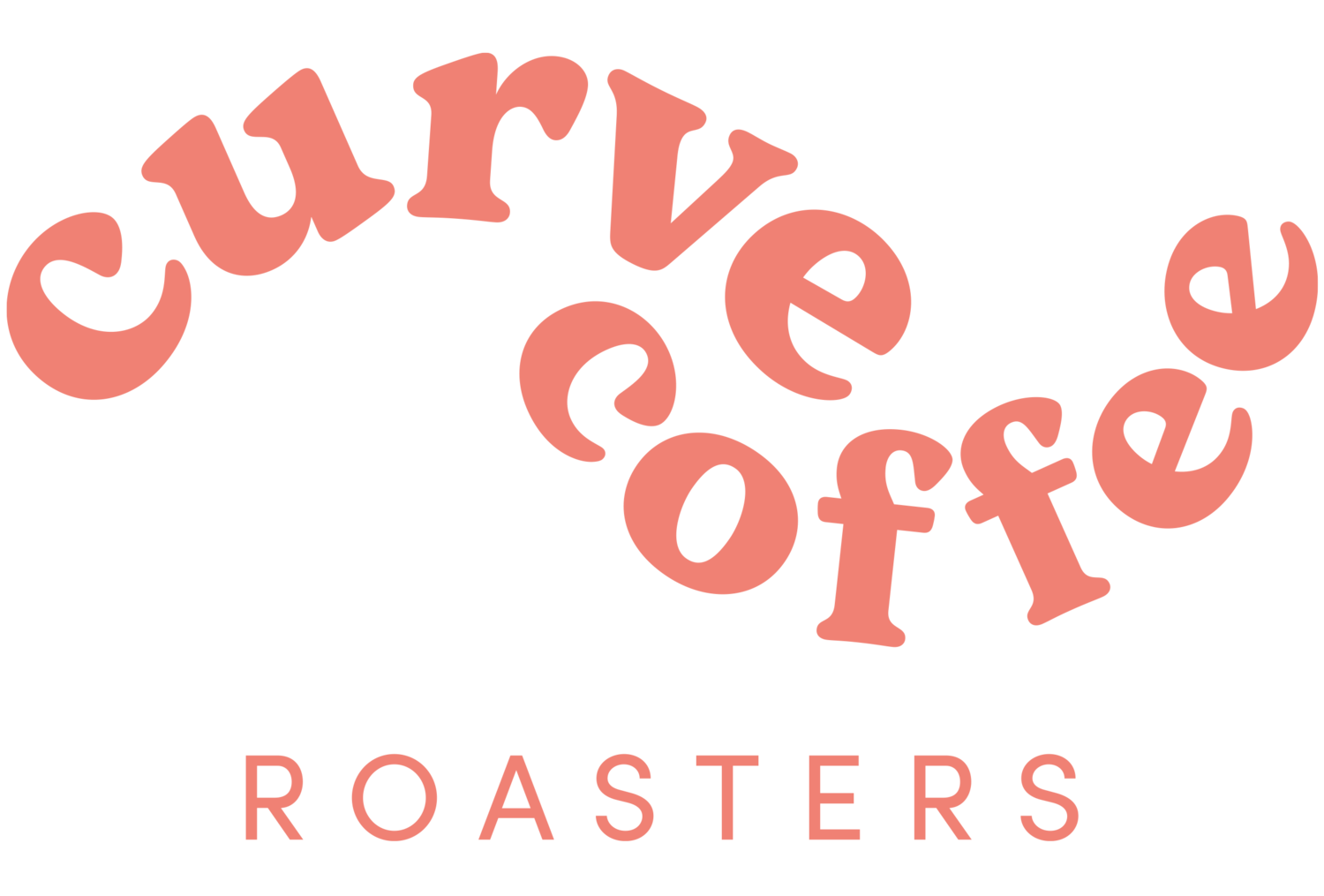Feature Filter: Oscar Ramírez Vasquez (Natural) | Perú
Key Origin Info:
Producer: Oscar Ramírez Vasquez
Processed at: Finca El Mirador - Oscar’s family farm and wet-mill
Region: San Antonio village, Huabal District, Jaen Province, Cajamarca region, Northern Peru
Altitude: 1860 masl
Variety: Caturra, Catuaí & Costa Rica 95
Process: Natural, dried on raised beds
Exporter: Falcon Coffees | Importer: Falcon Speciality
Cup profile: Jammy & sweet, golden kiwi & honey
Purchase history: 1st purchase of Oscar’s coffee, buying through Falcon’s network in Peru since 2019
Oscar (right) and one of the Falcon agronomy team providing technical assistance in the fields as part of their Speciality Plus project in which that Oscar is taking part
About Oscar & his coffee:
This coffee was producer by - Oscar Ramírez Vasquez - a coffee grower from San Antonio village in Huabal district of Jaén province in Norther Peru. His family farm El Mirador spreads over 2 hectares of land at around 1800 masl and is planted with Caturra, Catuai and Costa Rica 95 varities chosen for the suitability in this elevation as well as cup profiles. Since 2019 Oscar has pivoted toward production of quality and has become a leading example for growers in the area. Focusing on organic nutrition in his farm management and working with an agroforestry system of native shade trees in are some of the ways that help improve soil, moderate temperatures and conserve biodiversity. Coupled with attentive processing Oscar’s coffee shines in the cup with its jammy body and boozy fruit notes.
As the Falcon' team share:
On-farm compost and seabird guano are applied three times a year to improve soil structure and fertility. About one fifth of the coffee grows under the shade of native trees, helping to moderate temperature and conserve biodiversity. Pruning is carried out regularly to remove unproductive wood, and pest pressure—principally coffee-berry borer—is reduced through post-harvest “raspa”, ethological traps and targeted biologicals, forming a low-impact integrated pest strategy.
Post-harvest processing is undertaken with technical supervision. Ripe cherries are hand-selected and undergo extended fermentation monitored for temperature, Brix and pH in order to refine flavour development. Washed lots are cleaned in low-water cascade tanks, whereas natural lots require no water. Drying on patios or raised beds continues until moisture reaches 10–11% , improving stability.
Coffee is stored in a clean, ventilated room on wooden pallets that prevent the jute sacks touching the floor, safeguarding quality until shipment. The farm makes limited use of freshwater because rainfall in the zone meets field needs, and efficient washing practices minimise consumption during processing. Adaptation to climate change includes conserving surrounding vegetation, managing water carefully and trialling cultivars with greater resilience.
About Falcon Peru:
As Falcon explain:
In Peru, like some other origins, coffee farmers are sensitive to market changes and often lack basic training and the incentive to produce higher qualities of coffee, as premiums often don’t materialise. For these reasons we decided we needed to change the way we buy coffee in Peru and work directly with producers, allowing us to control and improve upon existing quality and have full financial traceability. Ensuring these two factors would help us to pay higher prices for the coffees and to make sure that producers received a fair price for the coffee they delivered us, above the market price. In order to do this, we set up a warehouse in Jaen and started to buy in parchment directly from producers.
The vision was to work directly with small producers who aren't associated with or able to sell their coffee through local cooperatives. They represent 75% of producers in Northern Peru and are usually based in remote areas with little or no access to training and price premiums adequate to the quality of coffee they are able to produce. This can leave their income often dependant on local aggregators who buy their coffee at farm for cash before selling it on which results in the producers being paid very little and the potential and quality of their coffee being lost.
Falcon's team on the ground in Peru, have established relationships and now work with over 300 small producers who bring their coffee in parchment directly to their warehouse where individual lots are graded, yield calculated and assessed for quality. Producers are then paid on the same day according to a transparent system (based on cup score and yield) and receive premiums well above the local market price. Aside from gaining access to a fair market, producers are also able to receive training on farm management, good harvest and processing practices.
The Speciality Plus Project or Falcon Especial Plus (FEP) in Spanish:
Oscar is one of the producers taking part in Falcon’s recent project - Speciality Plus aimed at further supporting growers who have worked with Falcon for the past few years. To implement this 3 year project, Falcon have employed a team of 4 agronomers to with the 300 growers in improving their quality to be able to gain better premiums for their coffees whilst providing great quality for roasters like ourselves. As part of the project soil analysis is carried out annual to help with targetting fertilisation according to specific nutrient requirements. Producers are also provided with tools like thermometers and Brix devices to measure sugar content as well as given training in designing specific fermentation schedules and running experiment that are well recorded every step of the way.








